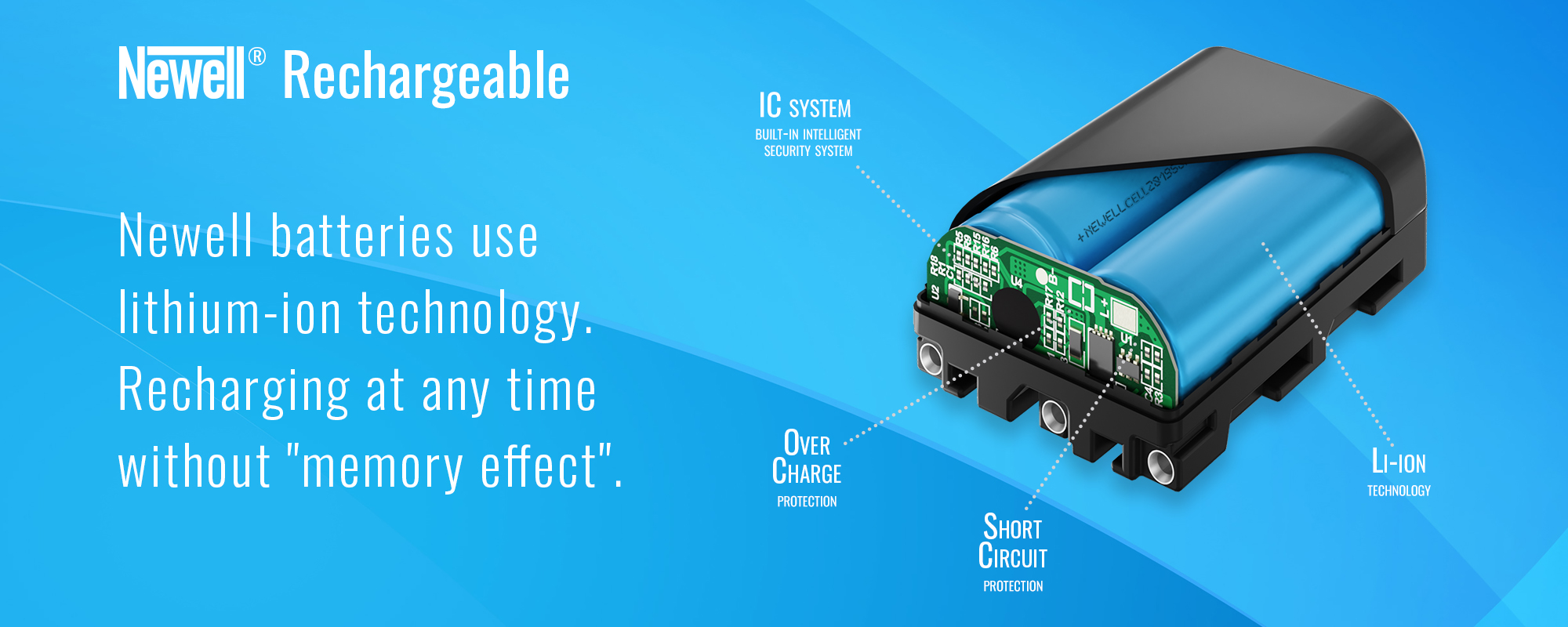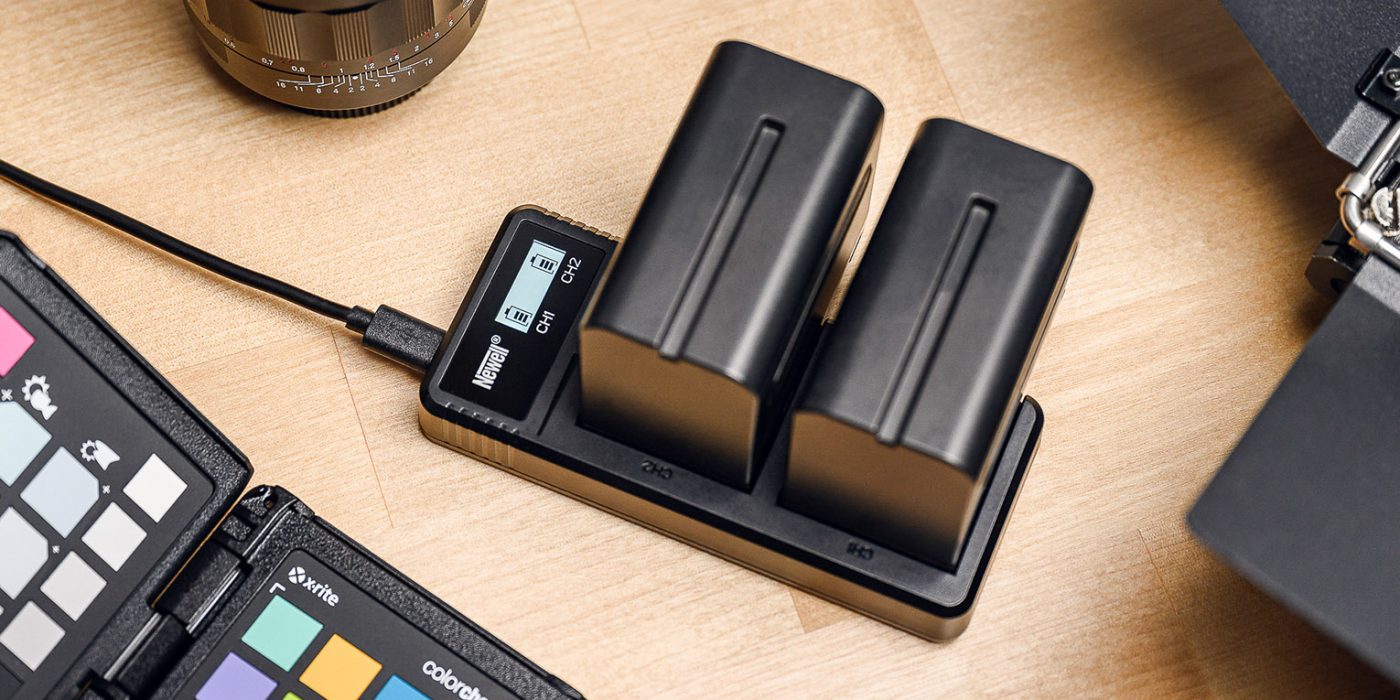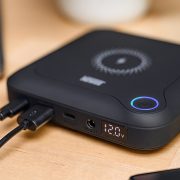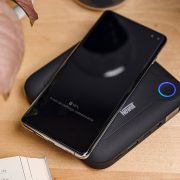Most of the batteries used today can be found with the symbol “li-ion”. This is abbreviation for lithium-ion. It is this standard that is common in modern electronics today. Many battery users, however, still remember the times of previous generations of cells and use old actions, which in the case of modern solutions can be considered myths. In this article, we will tell you about good practices related to taking care of lithium-ion batteries, which will allow you to maximize their potential and protect the cells from damage.
Smartphones, tablets, computers, digital cameras, gimbals, LED lamps and even scooters and electric cars … this list could be really long. Today, lithium-ion cells power almost all electronic devices that surround us. All batteries have their limits, so it is worth discussing good practices related to their daily use.
Battery formation – fact or myth?
If you remember the times of the iconic Nokia 3310 and flip phones that had buttons with numbers instead of a folded screen, you have certainly faced a dilemma: how to prepare a new device for work out of the box. Back then it was said that the battery required formation. It was about fully discharging and recharging the device three times. This process was to ensure a long battery life, and also that it would not lose energy quickly. However, they were nickel-metal hydride (Ni-MH) cells. The old batteries were not very good at being recharged. This is why they had to be fully discharged before fully recharged. The use of forming in the case of lithium-ion cells is pointless. This can even be detrimental to modern batteries for which small discharges and recharges are better. In the case of lithium-ion cells, discharging them to no more than 50% of their capacity extends their service life! So it is good practice to recharge the batteries not when they are flat, but whenever possible.

Li-ion battery VS. temperature changes
If you have ever used your smartphone for a long time in the cold, you must have noticed that the battery life drops unexpectedly. This is because cells lose their best properties at very high and very low temperatures. The optimal room temperature is between 20-25 degrees, and the limit values are 0-30 degrees Celsius. High temperatures permanently shorten the life of lithium-ion cells, while low temperatures have a very negative effect on the obtained capacity. Long-term storage of batteries in hot cars should be avoided at all costs. It will also be harmful to charge the cells where it is very warm. Room temperature is the greatest ally for long cell life and capacity!
An unused li-ion battery must not be discharged!
As you already know, discharging lithium-ion batteries to zero is very harmful to them. What could be even worse? Leaving such a cell for a longer period of time without replenishing its energy. If you know your batteries will not be used for an extended period of time, make sure that their charge level stays around 30% -50%. If you choose to store an unused battery for several months, you run a lot of risk. This can permanently damage the cell or reduce its life several times!
It’s okay to partially discharge a lithium ion battery
Avoiding regular charging to 100% and discharging the battery to 0% is a good practice to keep the cells in the best condition. Some devices even have special protections that stop the charging process before it reaches its maximum. However, there are voices in the industry that say that after 30 partial discharge cycles it is worth fully discharging the battery and recharging it again. What is such an operation for? Many cells contain a digital voltage meter. He manages the charging cycle and this action is to help in its optimal calibration.

Choose li-ion cells with high capacity
Nothing lasts forever, and certainly not the life of a lithium-ion battery. Following all of the tips in this article will help keep them in optimal condition, but each cell just wears out over time. Here too, however, you can make choices that will delay the aging process. By choosing batteries with a larger capacity, we can count on them to serve us longer. An additional advantage will be the fact that the device powered by them lasts more minutes, hours or days.
Lithium-ion batteries do not require special commitment from us so that we can use them as long as possible. It is enough to follow a few good practices to make them work efficiently for several years. We hope, of course, that they will be Newell cells and, as always, we remain at your disposal in case of any questions about everyday work with them in various devices.





